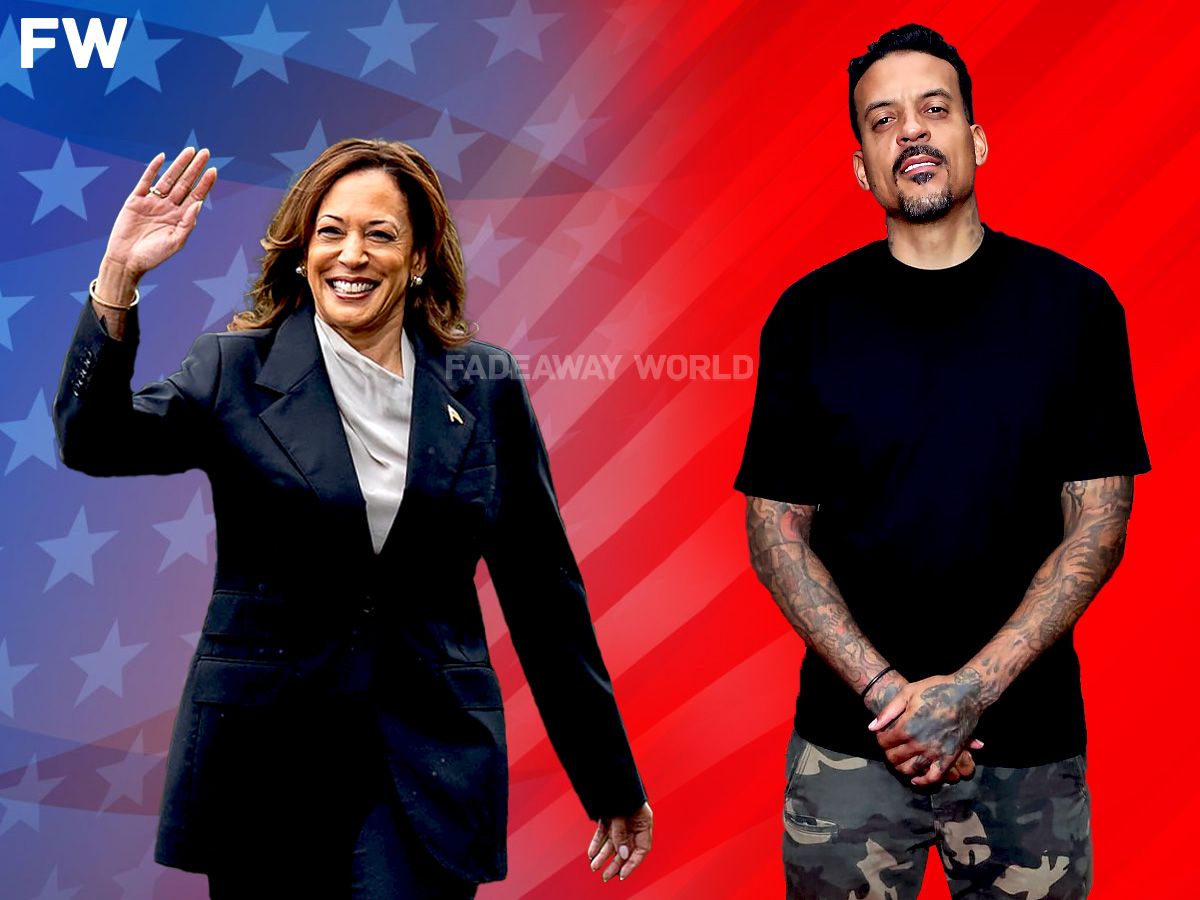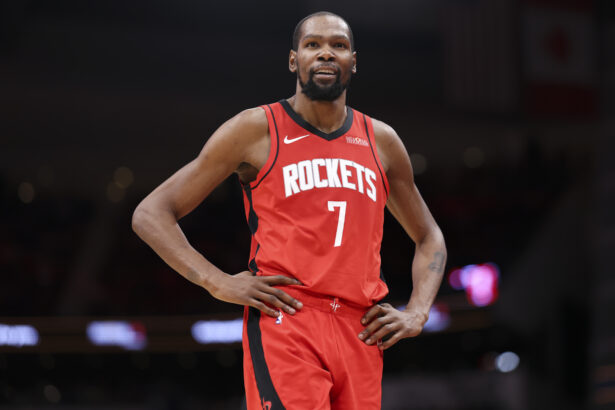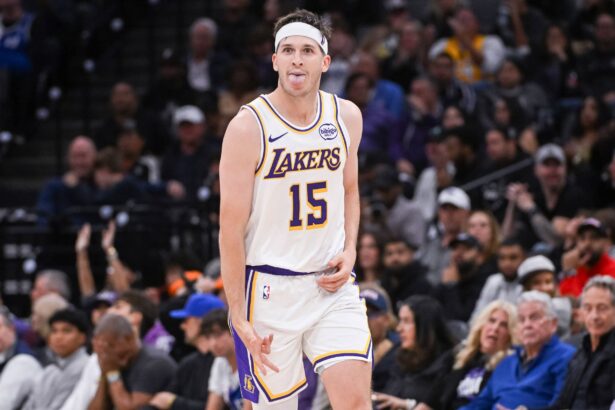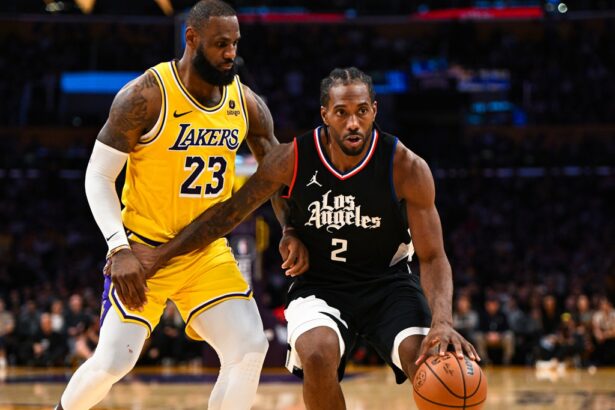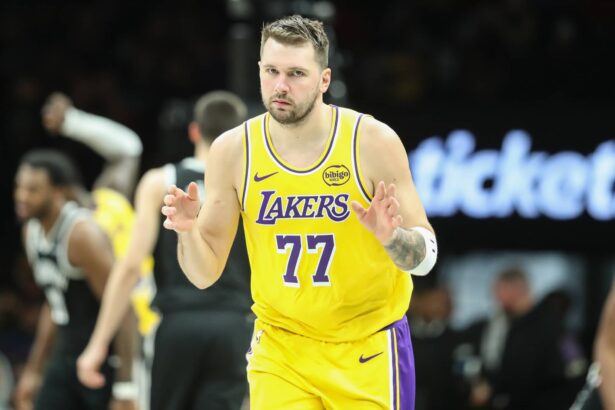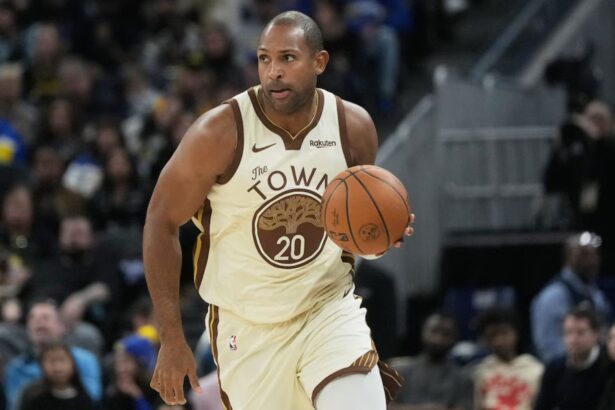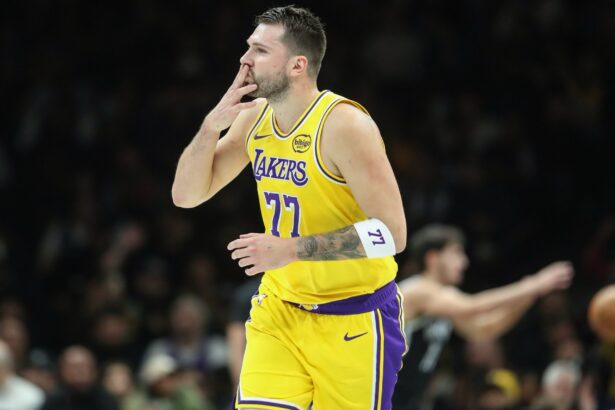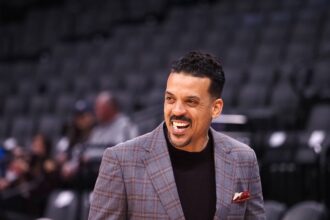In a recent episode of the popular “All The Smoke” podcast, Vice President Kamala Harris was confronted by former NBA player Matt Barnes with a pressing question about economic policy. Harris’s response, while heartfelt and personal, left many listeners searching for concrete policy details. Instead of directly addressing the immediate financial hardships faced by millions, Harris recounted her upbringing and the influence of a local small business owner, Mrs. Shelton, who played a pivotal role in her and her sister’s lives.
Matt Barnes: “What is your kind of your economic plan moving forward for people who are living paycheck to paycheck and struggling for groceries and rent and homeowners?”
Kamala Harris: “So look, I grew up, so my sister and I were raised by our mother. We lived for a long time in an apartment on top of a child care center. That child care center was actually owned by a woman who lived two doors down from us, Mrs. Shelton, who was by all of our accounts and feelings our second mother.”
“She helped raise us. And so she was a small business owner. I, from a child, knew who our small business owners are, right, communities and the sense of communities.”
“I love our small businesses and so a lot of my work in terms of building and growing the economy has focused on small businesses and my vision overall is we need to build an opportunity economy in which we increase opportunity for all, including small business owners.”
“So a lot of my work, even in the Senate, was about increasing access to capital through our small businesses, and in particular, through our community banks.”
“So I’ve been responsible for billions of dollars more now going into our community banks, because they’re in the community, and then they know who’s in the community and where the talent is and who’s doing good in the community, what the community wants.”
🔥🚨DEVELOPING: Kamala Harris was asked by two former NBA players about her economic plans and Kamala failed to give a simple answer. This footage is leading many liberals voters to fear that their candidate ‘doesn’t even know economics.’ pic.twitter.com/OWD6ObUIvJ
— Dom Lucre | Breaker of Narratives (@dom_lucre) September 30, 2024
This personal anecdote was intended to highlight her deep-rooted appreciation for small businesses and the sense of community they foster. Harris emphasized her commitment to supporting small businesses as a cornerstone of her economic vision.
Harris continued to elaborate on her strategies, focusing on the importance of increasing access to capital for small businesses through community banks. While Harris’s dedication to small businesses and community banking is commendable and undoubtedly beneficial for economic growth and local development, her answer did not directly address the urgent needs of individuals living paycheck to paycheck or struggling with basic necessities like groceries and rent.
Barnes’s question sought specific plans to alleviate these immediate financial pressures, yet Harris diverted the conversation towards broader economic strategies focused on long-term growth and community support.
Critics argue that while supporting small businesses is essential, it does not immediately resolve the financial instability faced by many Americans. Programs targeting direct financial assistance, affordable housing, and access to essential services are crucial components that were notably absent from Harris’s response. The lack of a straightforward answer may leave constituents feeling that their immediate concerns are not being prioritized.
Harris’s approach reflects a common challenge in political discourse: balancing personal narratives with policy specifics. By sharing her personal story, she aimed to build a connection with the audience and illustrate her values. However, the absence of detailed policy proposals on how she plans to tackle the day-to-day economic struggles of ordinary Americans may undermine her effectiveness in addressing critical issues.
As the conversation around economic inequality and financial hardship continues to intensify, voters and analysts alike will be watching closely to see how Harris’s policies evolve to meet both immediate needs and long-term economic goals.
While her focus on small businesses and community banks lays a strong foundation for economic resilience, the demand for tangible solutions to everyday financial struggles remains a pressing concern that Harris will need to address more directly in future discussions.
Kamala Harris’s response to Matt Barnes’s question on “All The Smoke” highlighted her commitment to building an opportunity economy through small business support and community banking. However, her answer’s reliance on personal anecdotes and broader economic themes left a gap in addressing the immediate financial hardships faced by many Americans.
As Harris continues her campaign for the Democratic presidential nomination, she will need to bridge this gap by providing clear, actionable plans to ensure that her economic policies effectively support those living paycheck to paycheck while continuing to foster long-term economic growth.
Thank you for being a valued reader of Fadeaway World. If you liked this article, please consider following us on Google News. We really appreciate your support.

